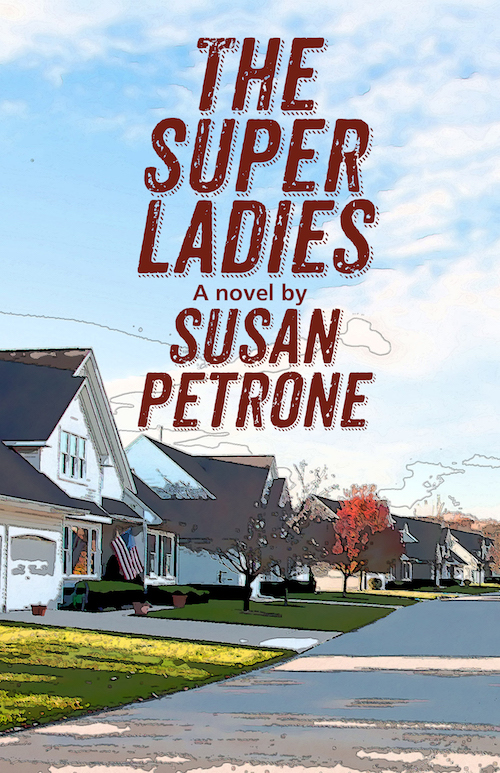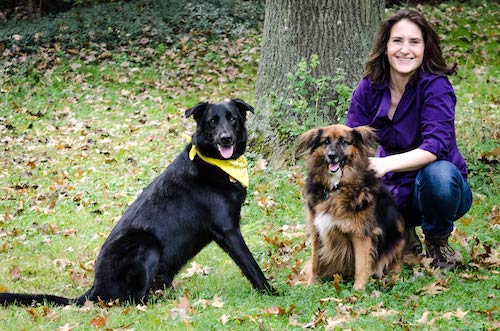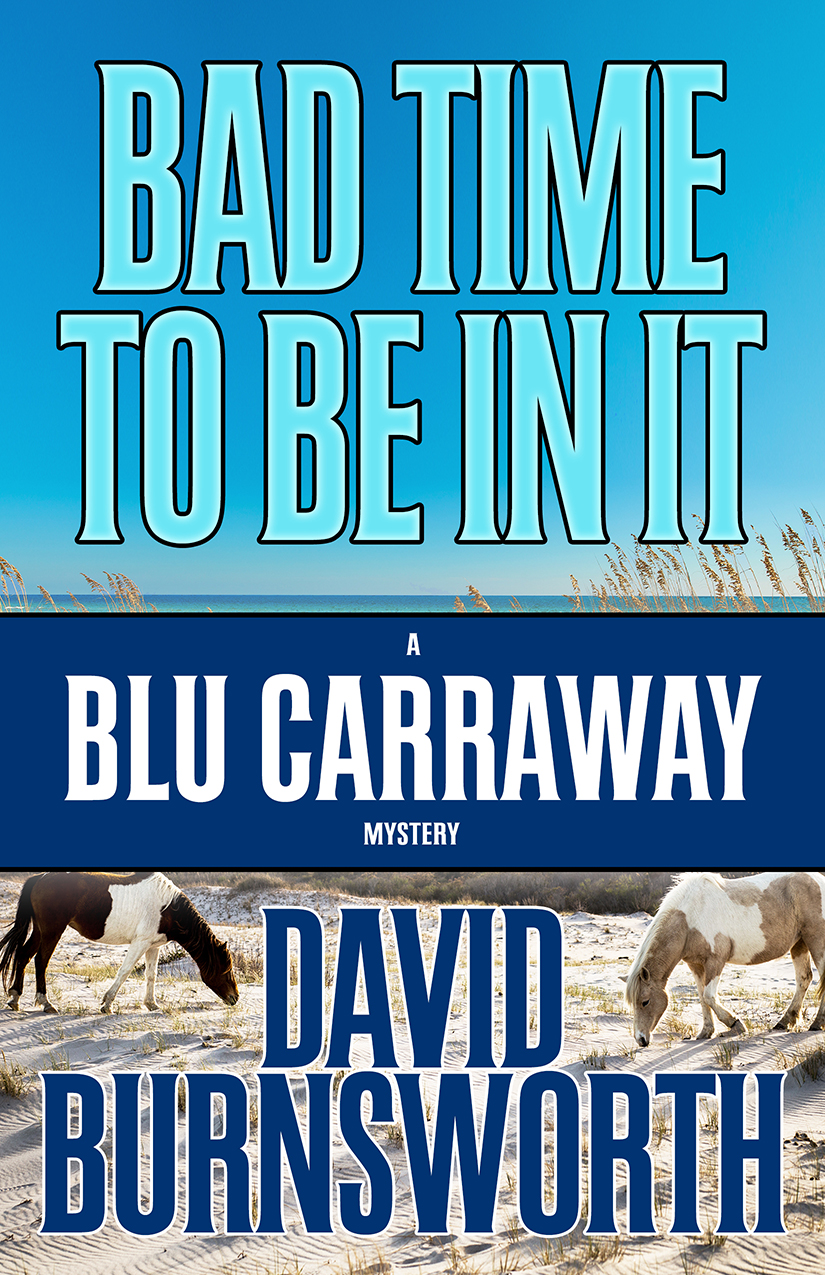Homespun
August 28th, 2018Homespun
Straight from the pens of Amish and Mennonite women . . .
Ever wish you could visit with a group of Amish or Mennonite women over a cup of coffee? In the pages of Homespun, Amish and Plain Mennonite women swap stories and spin yarns while we listen in. Lorilee Craker, bestselling author of Money Secrets of the Amish, collects these personal writings about hospitality, home, grief, joy, and walks with God. Hear from one woman who struggles with feeling inferior to her sister, from another about her longing for a baby, and from a third who accidentally bought stretchy material to sew her husband’s pants. Each woman’s story is a testament to the grace of God and the blessings of community.
Behind Amish romance novels and tourist spots and television shows stand real people, with longings and loves just like the rest of us. Every Amish and Mennonite woman has a story. In Homespun, you get to hear some of them.
ISLAND BREEZES
These plain ladies are not all that different than the rest of us. They might dress a bit differently and have different lifestyles, but their feelings and problems are much the same.
The stories in this book sometimes made me smile and at other times made me dig deeper into myself.
Thank you so much, Ms Craker, for pulling all these stories together for us.
***Book provided without charge by Audra Jennings, Publicist.***
Introduction from Homespun: Amish and Mennonite Women in Their Own Words
Lorilee Craker, editor
Excerpt ©2018 by Herald Press
I’m just a simple Mennonite girl from the prairies.
This is what I tell people, and it’s true. As a two-week-old adopted infant, I was brought to the home of my Mennonite parents, Abe and Linda Reimer, on a slushy April day in 1968. From that moment on, I was their daughter, grafted into the family tree and over four hundred years of Mennonite history.
On my mom’s side, we are country folk, descendants of Mennonite pioneers who traveled from Ukraine in the 1870s, carrying scoops of hearty winter wheat from the Old Country to plant in the New. The Loewens and the Brandts of Rosenort, Manitoba, still speak Low German (Plattdeutsch) and partake of Faspa (a late afternoon lunch) on any given Sunday. The ties of language, food, and culture that bind them to their pioneer great-great-grandparents are startlingly durable. The Isaacs and Abrams and Sarahs and Lydias of old, who lugged steamer trunks halfway across Canada on Red River carts and abided in sod huts, would be so proud.
My dad was born in 1937, in a Mennonite colony in Ukraine. He was born into a holocaust waged by Stalin against his own people. By the time my dad was ten months old, he had lost his twin sister, Anna, to starvation. At age six, he fled with thousands of other refugees across Ukraine by foot, fleeing Stalin. He arrived by boat in Canada in 1947, a ten-year-old immigrant Mennonite boy.
You see, I knew from early on that there were lots of different kinds of Mennonite stories.
But I didn’t know until I went away to college in Chicago at the age of nineteen that there was anything peculiar about being Mennonite. Hey, in Winnipeg, Manitoba, where I was raised, you can’t throw a Fleisch Perishky (meat bun) without beaming another Menno on the head. Upon arrival in Chicago, I quickly realized, much to my surprise, that most people outside of Mennonite communities assumed I had come from buggy-driving, bonnet-wearing, butter-churning folk. Everyone seemed to think that being Amish or Old Order Mennonite and being my kind of Mennonite were one and the same.
This assumption led to lots of explanations on my part about the difference between my modern Mennonite upbringing (“like Baptist, with a German accent and special foods”) and those other related subcultures. It also led to me writing a whole book about the Amish, who I came to realize were more closely tied to me and my upbringing than I had ever dreamed.
As I visited Amish homes and barns in Michigan and Pennsylvania for my 2011 book, Money Secrets of the Amish, I recognized bits of their dialect, Deitsch (Pennsylvania German), from my spotty grasp of Low German. The Amish women’s hair buns and long skirts, not to mention the tantalizing aromas of fruit strudels (Platz, to me) baking in their ovens, reminded me of my beloved grandma Loewen. I recalled my little dynamo of an Oma (grandmother) tsk-tsk-ing me about the length of my skirt. She always had a twinkle in her eye as she chided me, but I still made sure to go for full coverage as I interviewed the Amish.
Among the Amish, there was a feeling of welcome, of peace and simplicity. I felt oddly at home among my spiritual and cultural cousins. Both Amish and Mennonites are Anabaptists, a Christian group that began during the 1500s and continues in a variety of forms today.
These combined elements in my background prepared me well to curate this book you hold in your hands. I was excited to cross those hospitable Anabaptist thresholds again, if only through the writers’ words. I knew I would find a gentle spirit in the writings of my Mennonite and Amish sisters, and I was right.
Even though some of these writers drive cars and hold jobs like the rest of us in the world, their rootedness in their Anabaptist heritage sets them apart from that world. In these writings, most of which are drawn from two Anabaptist women’s periodicals (Daughters of Promise and Ladies’ Journal), I found a sisterhood of women with shared values. As I read dozens of essays and devotional pieces and true stories, all written by women, some themes arose.
Welcome. A deep sense of hospitality is fundamental to these women. Yet it’s not hospitality in the HGTV, your-house-needs-to-be-perfect kind of way. “It is easy to overthink hosting,” writes Vicki Kaufman. “There’s no formula for the perfect menu, the perfect conversation, the perfect music playlist. Our Lord Jesus made it look quite simple, and his hosting style can be described in one word: love.”
Abide. Hospitality is sacred and spiritual, but it doesn’t mean these writers don’t want to have an appealing home space in which to dwell. They want to abide in an abode, if you will, that nurtures them and feeds their spirit. “Keep it simple but significant,” says Bethany Hege in “White Space.” The writers here expound beautifully on what home means to them.
Testimony. Story makes the world go round. When we hear the stories—the testimonies—of others, we are better able to understand our own story and our place in the world. These narratives stirred different emotions in me. My heart ached for Ervina Yoder as she described what it was like for her to be the mother of a longed-for but stillborn baby: “I go grocery shopping and no one knows I’m a mommy,” she writes, from a to-the-bone level of honesty. I was inspired and encouraged by Danielle Beiler’s trust in God as her provider. “If God owns the cattle on a thousand hills, he can take care of my needs.” And I giggled at Mary Yoder’s secondhand testimony of an Amish man whose pants were just too stretchy. Poor guy was definitely in a “ferhoodled” state of mind!
Wonder. The blazing faith of early Anabaptists is evident in the openness of these writers to all things wondrous. This short-but-sweet section easily could have been filed under “Testimony,” as the four pieces are true stories of miracles, phenomenal happenings that don’t make sense from a human perspective. But these tales deserve their own section, as they highlight the possibility of the miraculous happening all around us, in big ways and small.
Kindred. A core value of both Mennonites and Amish is the preeminence of family—kinfolk, whether they be kindred or not. I grew up with dozens of cousins between two close-knit families, and I thought that’s how it was for everyone. Our kin shape us in ways both known and unknown, good and bad. These essays and stories speak to the tremendous influence of family, from our great-grandparents to our children. Writing about family trees, Gert Slabach offers this pearl of wisdom: “Whether we’re part of the tree from our beginning or whether we were grafted in, we belong. We not only belong to the tree; the tree is a part of us. Those knots and gnarled limbs? There’s a story behind them.”
Beloved. As I sifted through these essays, I was struck by the faith shining through. More than once, tears came to my eyes, and I lay down the piece I was reading to meditate on it a bit. These essays enthused my soul, and I came away feeling as if I had just been to church. My cup had been filled. There is something wonderfully elemental and childlike about the devotion expressed here, devotion even in doubt. These pieces drew me closer to the One who calls all his daughters “beloved.”
In closing, my wish for you as you read these wunderful gut pieces of writing is that you will enjoy them as much as I did. You don’t have to be a simple Mennonite girl from the prairies to do so. All you need to do is open your heart and let the homespun words of these women enlarge your worldview, extend your heart, and increase your friendship with the Creator of all good and gut things.
Editor Lorilee Craker is the author of thirteen books, including Money Secrets of the Amish; Anne of Green Gables, My Daughter, and Me; My Journey to Heaven with Marv Besteman; and the New York Times bestseller Through the Story with Lynne Spears. Connect with her at LorileeCraker.com.


















